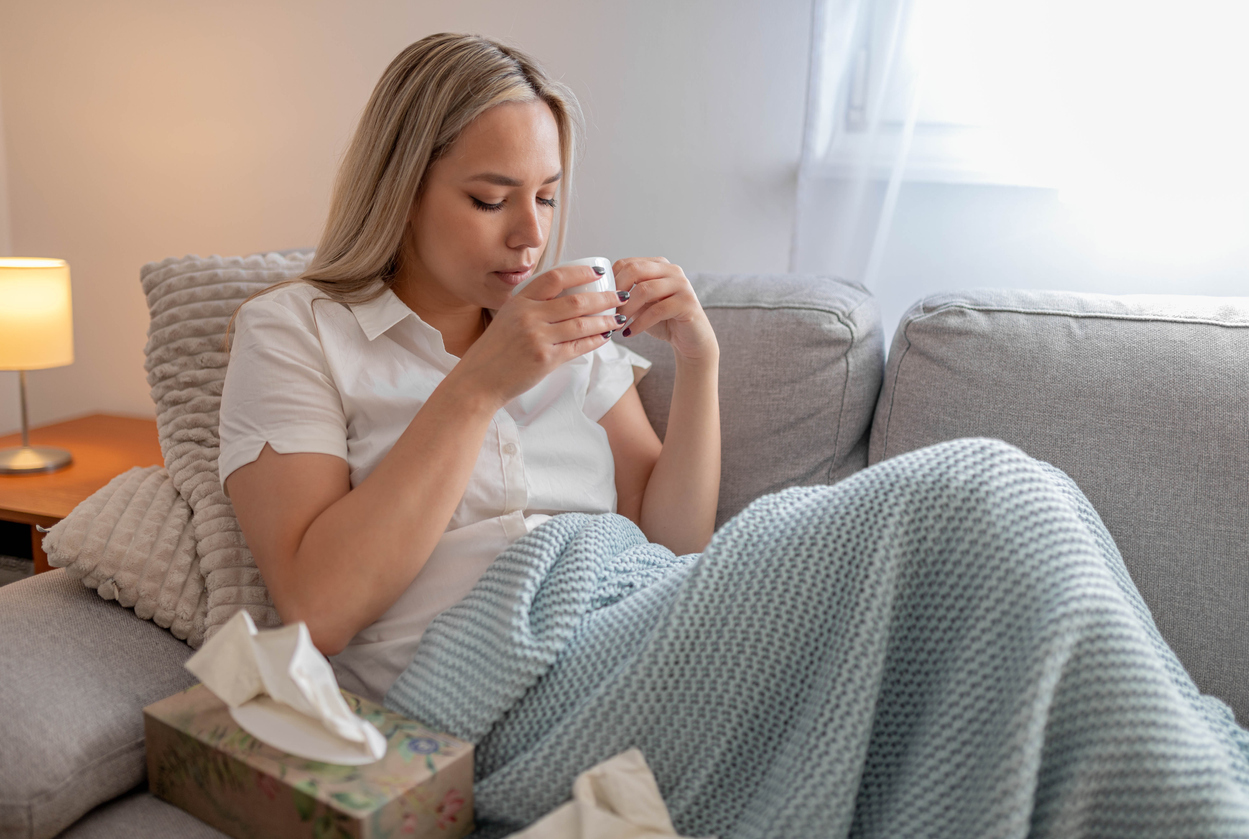
With the winter season already in full swing, many individuals find themselves experiencing a range of symptoms that can be attributed to allergies. Winter allergies, like seasonal allergies, can cause discomfort and disrupt daily life. In this article, we will explore the five most common allergies in winter, their causes, symptoms, and effective treatment options. By understanding these allergies and their triggers, you can take proactive steps to manage your winter allergy symptoms.
What are Winter Allergies?
Winter allergies are similar to seasonal allergies, but they occur during the winter months when people tend to spend more time indoors. This increased indoor activity exposes individuals to indoor allergens like dust mites, pet dander, and indoor molds. Unlike outdoor allergens prevalent in other seasons, these indoor triggers can lead to allergic reactions, resulting in symptoms such as sneezing, congestion, and itchy eyes.
Most Common Indoor Allergens in Winter
1. Dust Allergies
Dust allergies are one of the most prevalent allergies during the winter months. Airborne dust particles, including dust mites, can trigger allergic reactions. The primary cause of dust allergies is exposure to dust mites. Dust mites feed on dead skin cells and thrive in bedding, upholstered furniture, carpets, and curtains. These release allergenic proteins into the air, leading to allergic reactions.
Common symptoms of dust allergies include:
- Sneezing
- Runny or stuffy nose
- Itchy, watery eyes
- Coughing
2. Pet Allergies
Pet allergies can be particularly bothersome during the winter season when individuals spend more time indoors. Pet dander, which consists of tiny flakes of skin shed by animals, contains allergenic proteins that can trigger allergic reactions. These proteins can become airborne, making it easy for individuals to inhale them and experience allergic symptoms.
Common symptoms of pet allergies include:
- Sneezing
- Runny or stuffy nose
- Skin rashes or hives
3. Mold Allergies
Mold allergies can worsen during the winter months due to the increased moisture levels in many homes. Mold spores can trigger allergic reactions when inhaled, leading to a range of symptoms.
Common symptoms of mold allergies include:
- Itchy, watery eyes
- Runny or stuffy nose
- Coughing
- Skin rashes or hives
4. Cockroach Allergies
Cockroach allergies can be particularly problematic during the winter months when these pests seek shelter indoors. Cockroach allergies are caused by exposure to allergenic proteins found in cockroach droppings, saliva, and body parts.
Common symptoms of cockroach allergies include:
- Sneezing
- Runny or stuffy nose
- Skin rashes or hives
- Asthma exacerbations
Treating Winter Allergies
Note: The following information is not a medical recommendation, it has informational purposes. Speak with your doctor to make a proper decision for winter allergy treatments.
Over-the-Counter Medication for Allergies
Over-the-counter (OTC) allergy medicines can effectively relieve winter allergy symptoms when taken regularly. Antihistamines like cetirizine or fexofenadine, or OTC medications with acetaminophen, can help with related symptoms like headaches.
Nasal Irrigation
Nasal irrigation treatments like neti pots can help clear out allergens from your nasal passages, providing relief.
Nasal Sprays for Winter Allergy
Prescription-strength steroid nasal sprays can help relieve inflammation and other symptoms like a runny nose.
Allergy Shots
For severe, chronic winter allergy symptoms, consider allergy shots. These expose you to small amounts of allergens to build up your body’s immunity, leading to less severe symptoms over time.
When is the Allergy Season in New Jersey and New York?
The winter allergy season in New Jersey and New York is generally associated with indoor allergens, as outdoor allergens like pollen are less prevalent during the colder months. Winter allergies in New Jersey and New York can occur throughout the colder months, typically from December to February and sometimes into early spring. If you’re experiencing allergy symptoms during the winter, it’s essential to identify specific triggers and take steps to minimize exposure. This may involve regular cleaning, using air purifiers, and addressing sources of moisture that can contribute to mold growth.
Treating Winter Allergies in New Jersey and New York with Impact Medical
Knowing about typical winter allergies and what causes them empowers you to actively handle and ease your symptoms. Impact Medical is here to bring relief to those dealing with indoor allergens during the winter months. We are dedicated to providing personalized care and effective allergy solutions designed for individuals with winter allergy symptoms. Don’t forget, managing your allergies can make your winter more pleasant. Set your appointment in New Jersey or New York today!